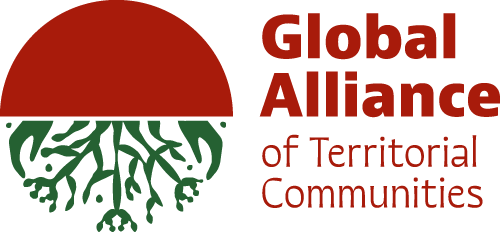Who We Are
The Global Alliance of Territorial Communities (GATC) is a political platform of Indigenous Peoples and Local Communities united to defend Mother Earth for all humanity’s present and future benefit. We guarantee our legitimacy and representativeness thanks to democratic processes, ranging from the community to the plurinational level.
Our alliance represents 35 million people living in forest territories from 24 countries in Asia, Africa, and Latin America. We are defenders of over 958 million hectares of land.
The five organizations that make us are the Indonesian Alliance of Indigenous Peoples of the Archipielago (AMAN); the Mesoamerican Alliance of Peoples and Forests (AMPB); the Articulation of Indigenous Peoples of Brazil (APIB); the Coordinator of Indigenous Organizations of the Amazon Basin (COICA); and the Network of Indigenous and Local Populations for the Sustainable Management of Central African Forest Ecosystems (REPALEAC).
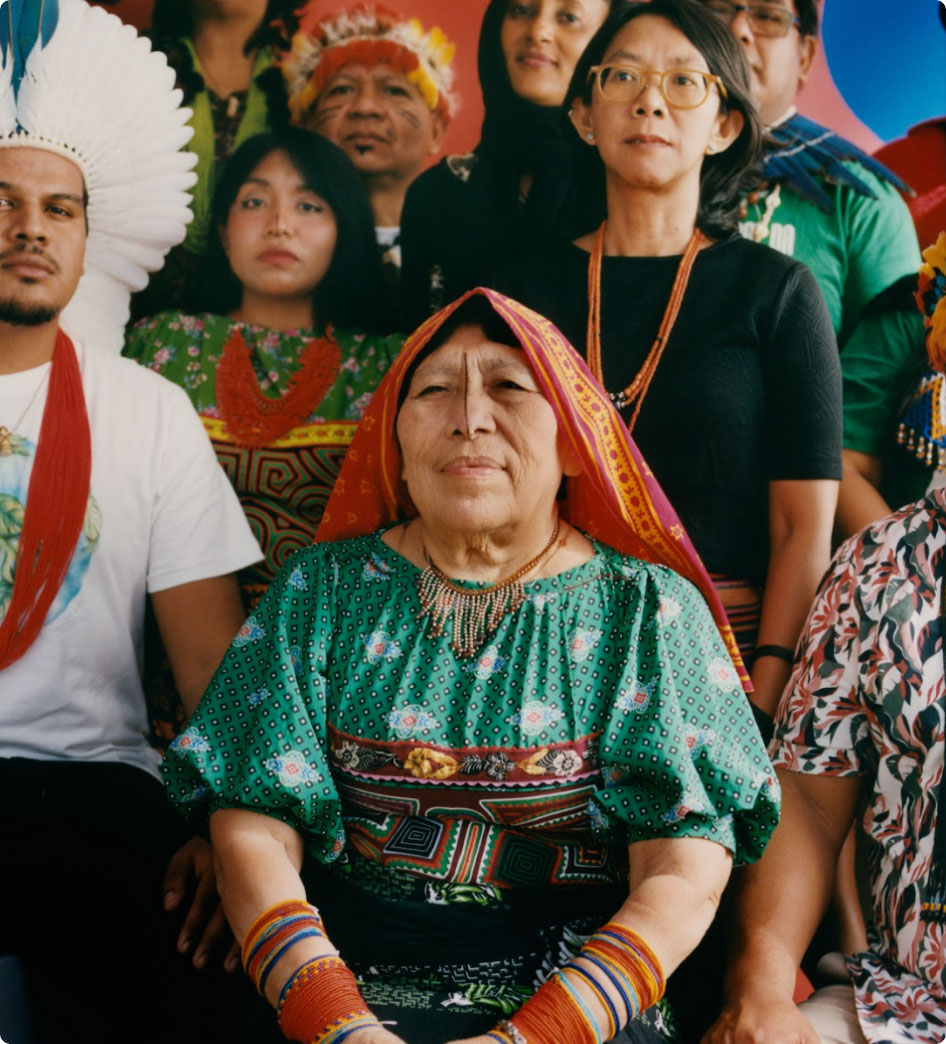
Our Mission
To be a single voice to fight for the collective rights of our peoples and communities, for the legal recognition of our territories, for protecting Mother Earth and all human beings, and to combat the causes of climate change.
We increase the capacities of our member organizations to better protect our territories and ensure the full exercise of our cultures and livelihoods.
Our Vision
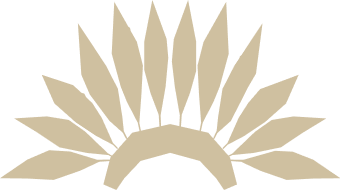
We work for a world where Indigenous Peoples and Local Communities are recognized in all countries as essential actors in the fight against climate change, the protection of biodiversity, and the sustainable management of territories.
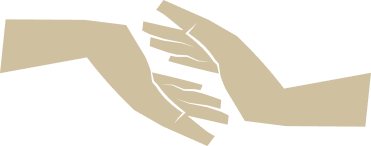
We want to participate – through our representative organizations – in all economic, political, and social definitions influencing our territories to reach a sustainable global way of life.

We want to develop our lives freely, according to our autonomy, promoting that human beings live in harmony with Mother Earth.
Protecting Mother Earth for Today and Tomorrow
Our network represents 35 million people in forest territories, spanning 24 countries in Asia, Africa, and Latin America and defending 958 million hectares of land.
Click on each of the sections to learn more about the member organizations.
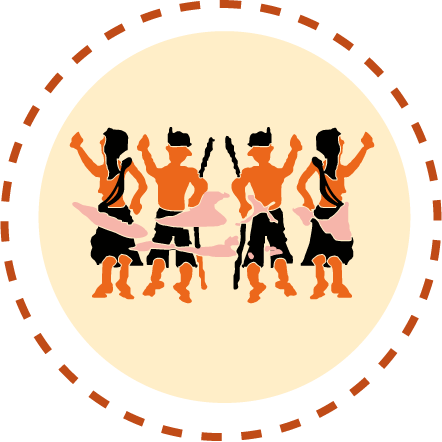
AMAN
Indonesian Alliance of Indigenous Peoples of the Archipielago
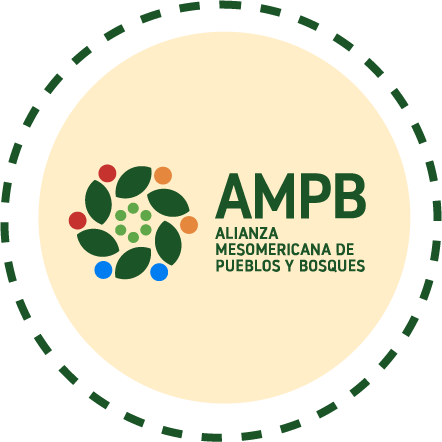
AMPB
Mesoamerican Alliance of Peoples and Forests
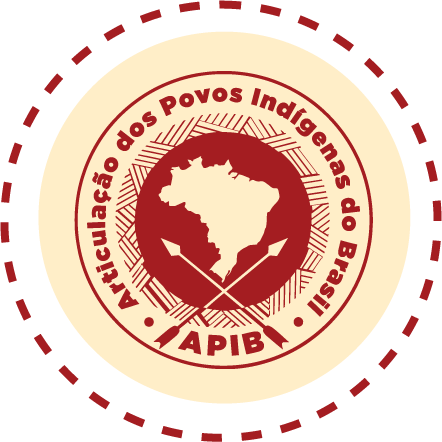
APIB
Articulation of Indigenous Peoples of Brazil
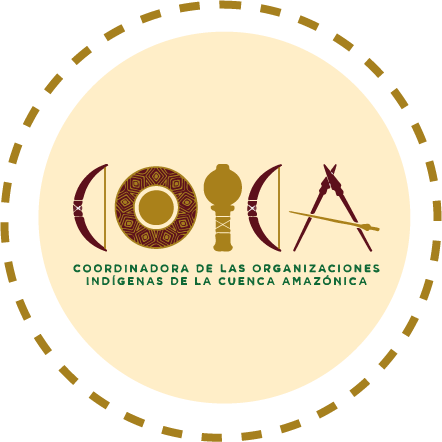
COICA
Coordinator of Indigenous Organizations of the Amazon Basin
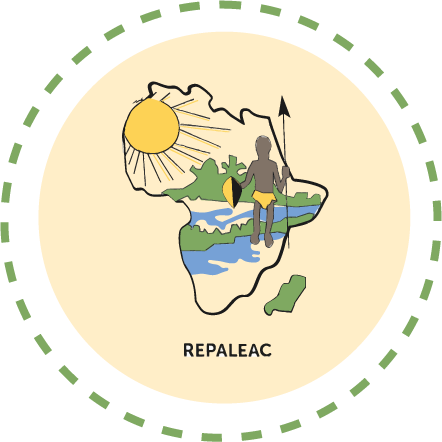
REPALEAC
Network of Indigenous and Local Populations for the Sustainable Management of Central African Forest Ecosystems
Forging Solidarity
Our 5 Demands
We, the Indigenous Peoples and Local Communities, maintain profound spiritual, cultural, social, and economic bonds with our lands, territories, and resources. These connections form the very foundation of our identity. We demand access to our territories to protect them and live according to our self-determination.
We demand our right to Free, Prior, and Informed Consent (FPIC) as a means for our fundamental right to self-determination. FPIC empowers us when it comes to projects that affect our lives and territories. We demand our full and active participation so nothing about us can happen without us.
We demand for adequate, direct accessible financing be made available to support our self-determined climate actions on the ground. Investing in our territories is crucial to combat climate change, desertification, and biodiversity loss for the whole of humanity.
We demand an end to the violence and unjust criminalization we endure while safeguarding our territories. It is our collective voice that calls for the respect of our rights.
The core of our cultural identities and livelihoods lies in our shared traditional knowledge and innovation. We demand for our knowledge to be accorded respect and protection, and that all policies formulated within our territories proactively integrate them.
To keep up with news from the Indigenous and Local Community guardians, sign up here.
Contact us
General inquiries:
email hidden; JavaScript is required
Press & media:
email hidden; JavaScript is required
Rainforest Foundations US is our fiscal sponsor. For any letters and parcels, please direct to:
Rainforest Foundation US
P.O. Box 26908
Brooklyn, NY 11202
